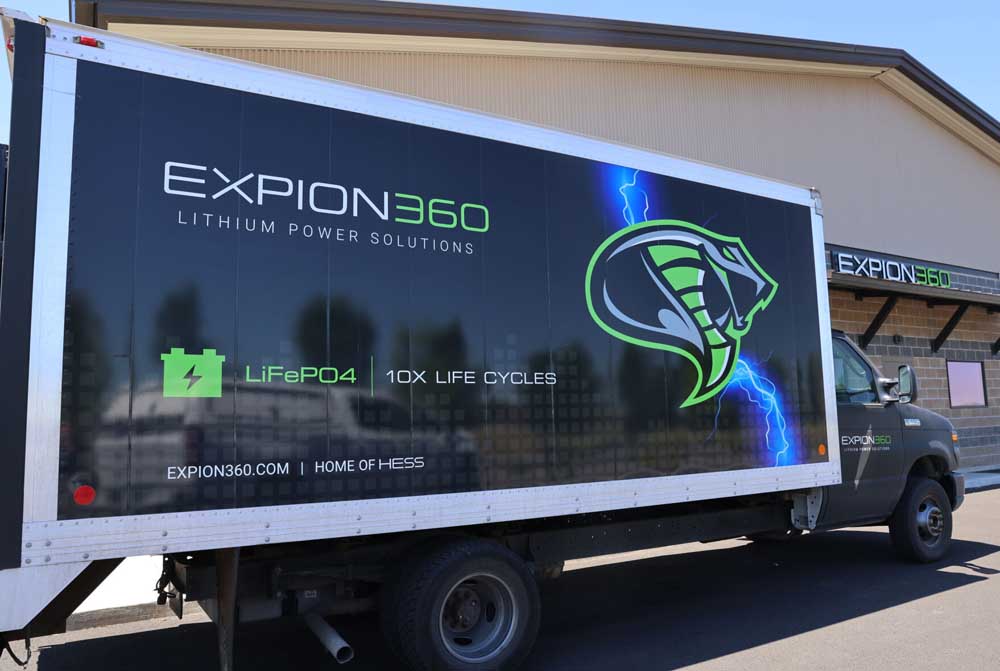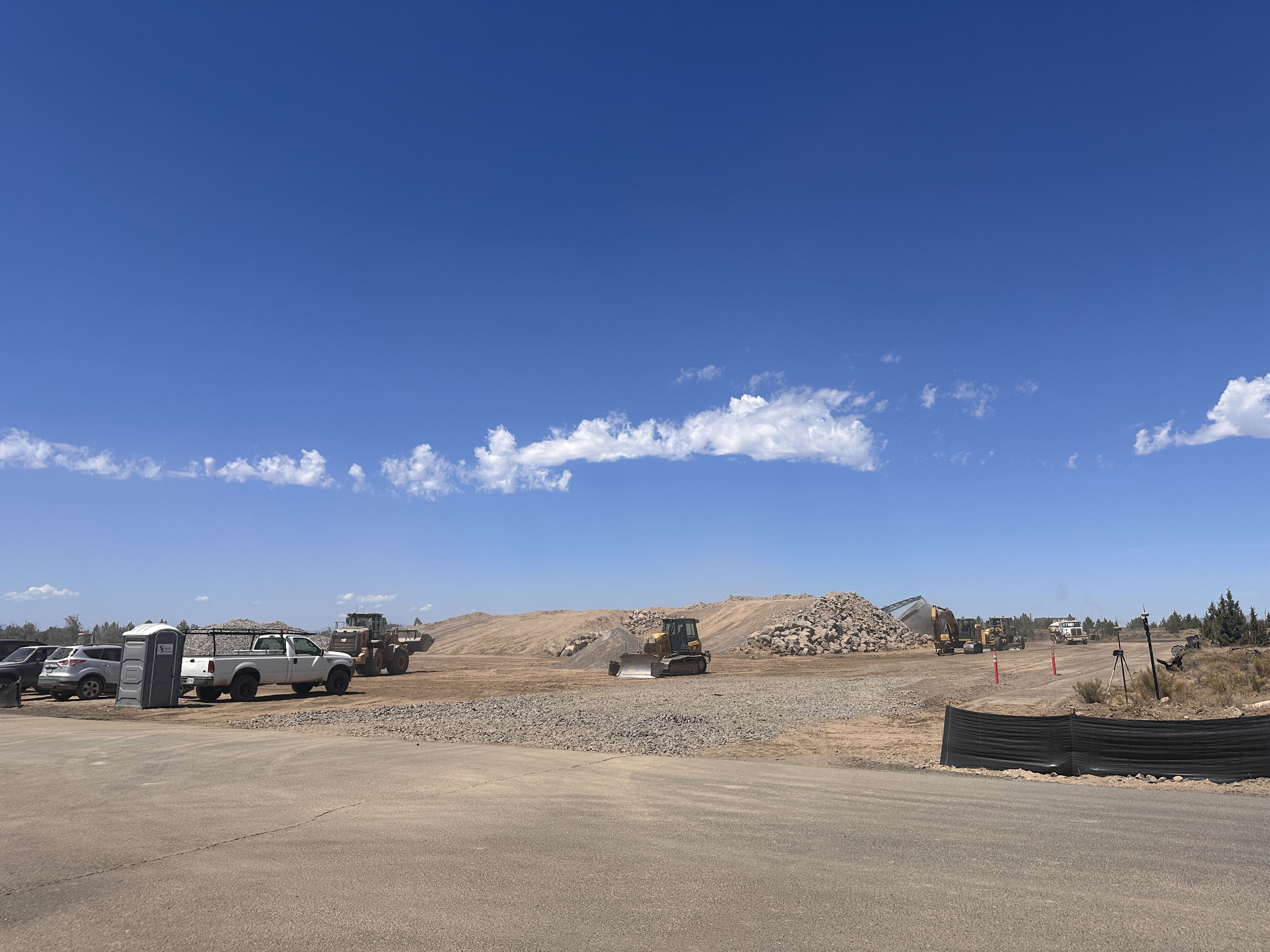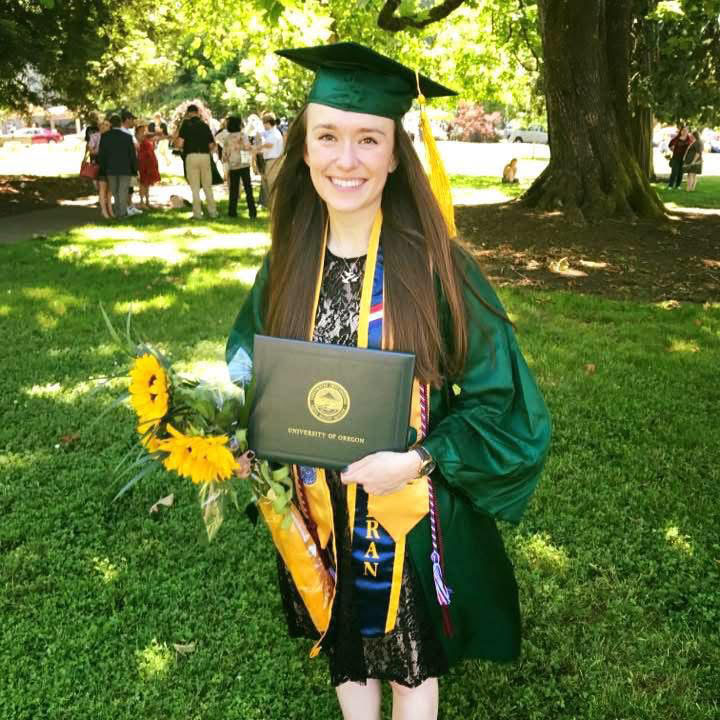Expion360 looks to build $450 million facility in Redmond
Published 8:15 am Wednesday, July 20, 2022

- Lithium battery producer, Expion360 plans an expansion in Redmond.
Redmond-based Lithium battery producer Expion360 Inc. has unveiled plans for a $450 million facility to be built close to the company’s current headquarters on the southern outskirts of the city. It’s a big bet for a small company but one that could pay large dividends to Central Oregon in the form of jobs and taxes.
Trending
Expion360 plans to produce 250,000 to 500,000 lithium cells a day and occupy a roughly 100-acre campus, according to company founder John Yozamp. Plans remain tentative as Expion360 has yet to purchase the land it needs for the project.
Expion360, founded in 2016, is trying to move its lithium cell production from China during an unprecedented era of global supply chain breakdowns. Yozamp says that producing lithium batteries in the U.S. gives him a tighter grip on the lithium cell supply chain, heading off bottlenecks and delays associated with overseas production.
“The focus of our company is to control our supply chain vertically,” said Yozamp, who previously founded Zamp Solar, a Bend-based company that builds portable solar panels for RVs and outdoor recreational use.
Trending
The proposed facility would also take a sizable footprint in the city. At one million square feet, the new building will be equivalent to about seven Costcos put together.
Last month, Expion360 stated in a press release that it had signed a non-binding letter of intent with a company in Asia to purchase lithium battery manufacturing equipment in connection with its plans to build a large-scale lithium cell manufacturing facility in Redmond. The statement did not specify which company is selling the equipment.
For now, Expion360 operates out of a 17,000-square-foot facility in Redmond. A 32,000 square foot plant is under construction and is expected to open by the end of the year. It also recently set up a 10,000-square-foot distribution center in Elkhart, Indiana, where most RVs in the United States are manufactured.
Yozamp is eyeing a piece of land in Redmond’s enterprise zone, which contains more than 750 acres of undeveloped land.
Steve Curley, director of the Redmond Economic Development Inc., says talks over the land have started but nothing is contracted. Still, he likes the idea of bringing a technology firm to Redmond that is connected to renewable energy, one that will “generate living wage jobs and expand industrial diversity.”
“On a number of fronts it would be a win-win-win,” said Curley. “You have the property taxes and the job growth. From an environmental standpoint, it’s positive, and it would be one of few facilities in the U.S. that would be manufacturing those types of batteries.”
In addition to boosting the tax base, the facility would offer Redmond more manufacturing jobs — around 300 people could be employed at the lithium cell plant. They would be joining a growing company. Yozamp said Expion360 has experienced “double to triple” year-over-year growth, but declined to elaborate on specific numbers.
If the company manages to buy the land it needs in Redmond, groundbreaking could occur as soon as 2024, and construction of the facility will take another 48 months.
Funding for the project hasn’t started but Expion360 went public in April, giving the company greater access to capital. It raised around $15 million. The company also raises cash through the sale of products outside its battery line — it also sells solar panels, inverters, and chargers.
Expion360’s lithium batteries are used mainly in recreation vehicles but also have found their way into boats, homes, and businesses. The batteries are used to power many features of the recreational vehicle, including air-conditioning, DC furnaces, lights, TVs, and all of the vehicle’s jacks.
The typical Expion360 battery pack contains 120 cells welded together in a single pack that is about the size of a car battery.
Lithium batteries cost around four times more than lead-acid batteries that power most RVs today. But lithium packs tend to last longer with less maintenance. They are also lighter and have a higher capacity compared to traditional lead-acid batteries.
China currently leads the world in the lithium battery supply chain, controlling more than 70% of the total global lithium-ion battery manufacturing capacity. Expion360’s plant could put a dent in that percentage, potentially reducing reliance on foreign manufacturers.
Shifting production and the sourcing of materials to the U.S. does not necessarily mean an increase in the costs for consumers. Yozamp says he expects prices will remain competitive due to automation and the use of robots to reduce labor costs.
“We anticipate it will be roughly the same costs because we will have more automation than they do in China,” he said.
In addition to gaining better control over the company’s supply chain, Yozamp also wants to head off competition for lithium as car manufacturers like Tesla and General Motors try to lock up lithium supplies for their batteries.
“The EV market is going to drive lithium (supplies). The focus of our company is to alleviate constraints,” he said.
Yozamp says by bringing the production of the cells to the U.S., quality control can be monitored right down to the source of the lithium, something that cannot be done when the cell manufacturer is overseas. Nevada is one possible source of raw lithium for Expion360’s cells, he said.
“We will be seeking a U.S. supply chain when we onshore and build out the large-scale lithium plant,” said Yozamp. “We will win long term if we can control our supply chain.”








